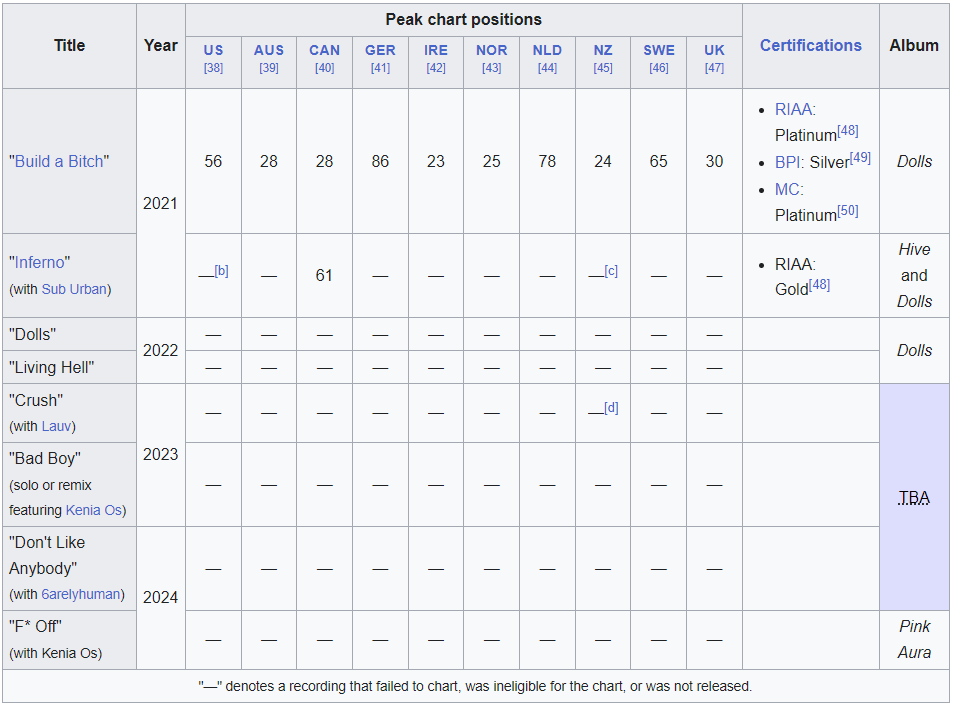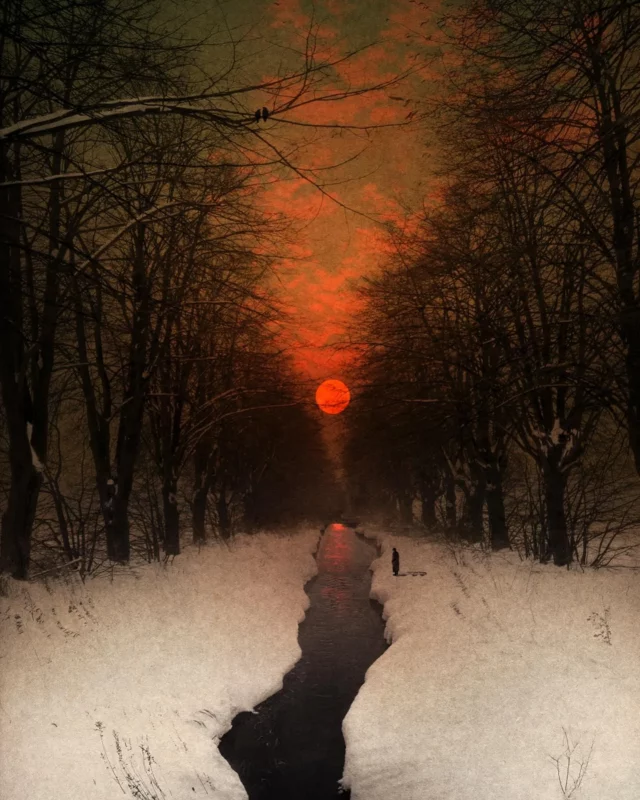This guitar teacher talks about an amusing, perhaps alarming, trend he’s seen among his students.
In the 90s, they’d be hardcore fans of a particular band. They’d want to learn Metallica’s Master of Puppets in its entirety, or some obscure song buried at the back of an album. They’d display fierce loyalty to a chosen artist or style.
This era of music is summed up by Zebra Man in Jeff Krulik and John Heyn’s infamous gonzo documentary Heavy Metal Parking Lot. “Heavy metal rules! All that punk shit sucks! It belongs on fucking Mars, man!”
Things changed in the Napster/Limewire era (early 2000s). Digital filesharing meant the album slowly started to die. Kids would rock up to him with home-burned CDs and tapes of random songs collaged from various places. This was exciting, as far as it went. Kids were taking control of their music. Albums are ultimately a marketing construct from the 1950s dictated by manufacturing constraints. There’s no God-given reason why music has to be doled out in 40-60 minute blobs, all by the same artist, and with an immutable track order. Other worlds are possible. There are more things in heaven and earth than are dreamed of in your philosophy, Horatio.
But the new generation of listeners had far less loyalty to individual bands/artists. They did not know the “deep tracks”. If they wanted to learn an Offspring song, it would always be one of the same 3-4 songs.
Today, it has shifted again. His students are like “yo, I want to learn $SONG”, he’s like “so you like $SONG_ARTIST?” and he gets a blank stare. They live in a world where endless music drifts algorithmically in front of them, like indistinguishable ocean waves. Sometimes they like it, but this doesn’t provoke any interest in who made the music, where it came from, what its context is, and so forth. Why even learn those things? More and equally good music is coming along soon. There’s no reason to be a fan of anyone. Once the artist vanishes from Spotify playlists, they can safely forget about them.
(Superfans obviously still exist, but now seem to be motivated more by weird parasocial obsessions than actual artistic output. What would the average kpop “sasaeng” desire more—an unreleased song by Jungkook, or a piece of Jungkook’s shirt?)
It makes you wonder….what does it actually mean to be a fan of someone?
I view fandom as a search algorithm. A way of managing the limitless choices of entertainment.
If I want to read a book there are millions of them, but reading random books is a poor use of my time: most are bad/uninteresting/unsuitable for me. I can dramatically increase my odds of finding a good book by reading an author I’ve enjoyed in the past.
This creates an illusion that the author is important. Actually, “author” is just a highly optimal branch on a search tree for book discovery. If my favorite author started writing bad books, I’d eventually stop reading him. The books are what matters.
Which leads to the question: what happens when search algorithms can connect you with good books better than the tried-and-true method of “read books by your favorite author”? Do you still need to have a favorite author? What happens in that world? Does the fan still exist?

Here’s a related thing I recently read: Kat Tenbarge’s Sorry, Bella Poarch, this IS ‘Build a B*tch’
Overnight, a Tiktoker became the third biggest star on the platform because she nodded her head to an electronic beat for a few seconds.
This is literally a fame lottery. There is no reasonable way that talent, perseverance, or “star power” can manifest in a video that’s a few seconds long and where you don’t even talk. (The Tiktok algorithm, by the way, is believed to have a reasonable amount of random noise, to stop people hacking it.) We expect stars to have a degree of personal charisma. Stars produced this way, as Tenbarge notes, tend to be punishingly average and unsuited for fame.
All of it — and this is coming from someone who collects influencer merchandise — is incredibly boring and one-dimensional. This is not by any means an invitation to bash Charli, who I feel great sympathy for given her age and precarious position in multiple overlapping industries. She’s at the epicenter of a new generation’s group of power brokers, with her every move impacting the salaries of grown adults, including her parents and older sister. And I mean this in this kindest way possible — she’s not qualified for any of it. Charli, who I have never personally spoken to, comes off as incredibly sweet, caring, and normal. She reminds me of every high school-aged white girl at my hideously expensive dance studio in suburban Cincinnati. She can definitely perform well, as well as any “Dance Moms-”era teenage competitive dancer from Connecticut. But if you read an interview with Charli and her older sister Dixie, the mediocrity is palpable. They don’t really have anything interesting to say about, well, anything — and if they do, their publicists won’t let them. I’ve seen a handful of their YouTube videos, listened to clips from their podcasts, and scrolled through dozens of Instagram posts, TikTok videos, and tweets. There’s nothing wrong with either of them, they’re just oppressively average. And by the way, so are all their friends in the Hype House and Sway House and whatever new teeny-bopper house went on the market this week.
Bella has attempted to turn her fame into a recording career, with familiar results to anyone familiar with past cases like Kreayshawn or Tila Tequila.

To me, this feels like an area where the past world is meshing incongruously with the new, algorithmic one.
The industry is trying to position Bella Poarch for a lasting career, where her fans continue to buy the songs she puts out for a long time because she’s talented and special. But if her audience cared enough to do that, they probably wouldn’t have found her on Tiktok to begin with. Bella Poarch is the product of a system where the old rules no longer quite apply. She is a nobody who was plucked out of obscurity, through no great merit of her own. She’s not some rising, hot property who will sustain a long career.
And it’s all so meaningless! In 1964, 73 million people watched the Beatles on The Ed Sullivan Show, and it reshaped the face of music. Today, Tiktoks get billions of views and leave no mark on popular culture at all. It’s just noise that gets drowned out by the next day’s noise.
(Hero image: Laura Makabresku | The silent light of God’s Mercy)
1 Comment »
Comments are moderated and may take up to 24 hours to appear.


I have trouble naming a great rock band after 2000. I’m sure they must exist, but I’m not a superfan. If they happened after Oasis, I probably haven’t heard of them.
Comment by Ghost Disco — 2025-05-25 @ 04:46